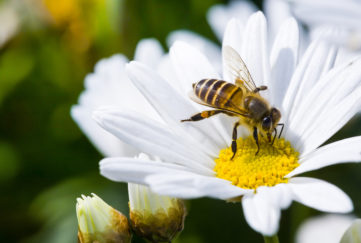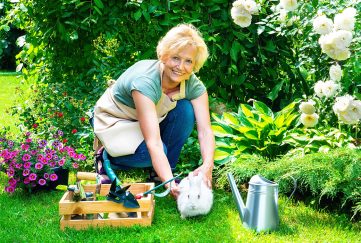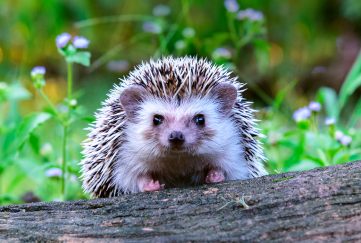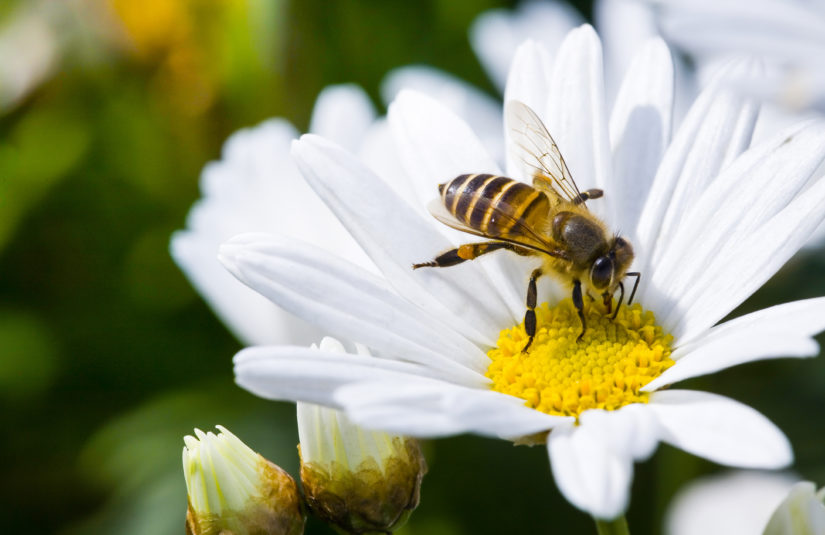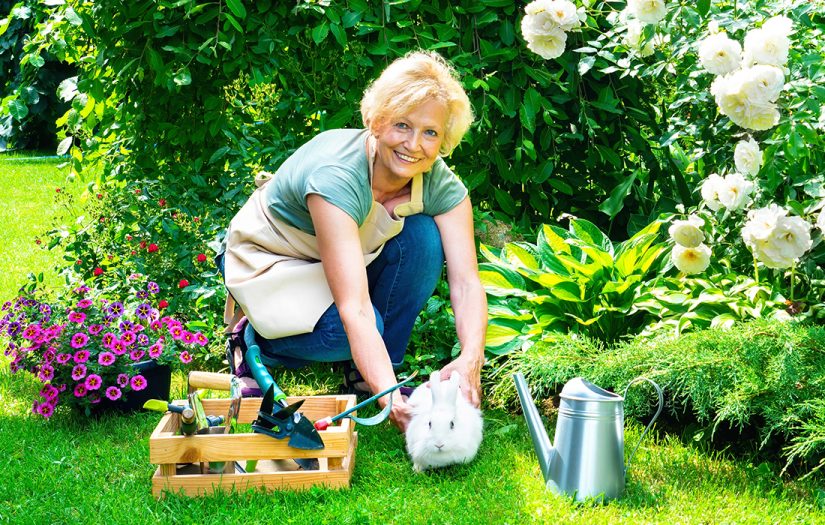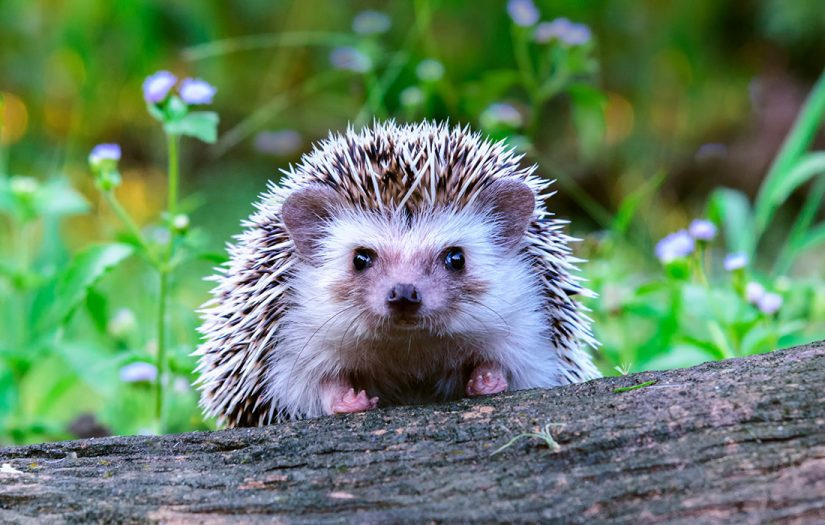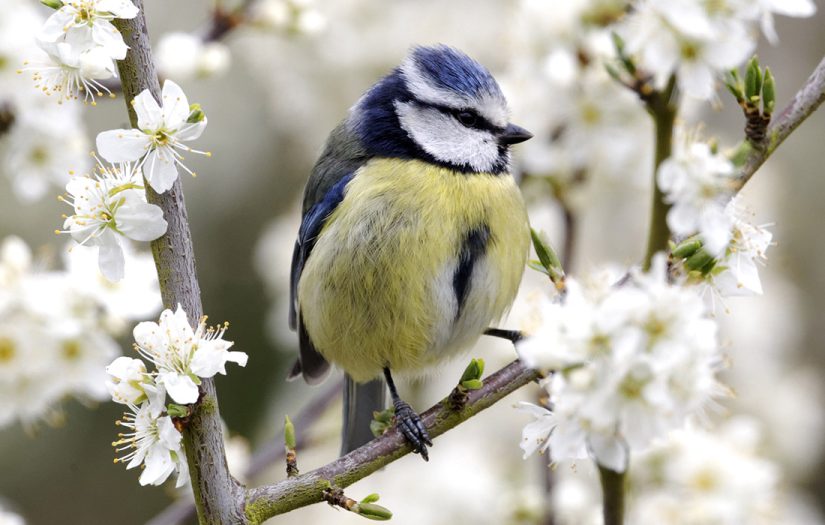11 Ways to Help Local Wildlife
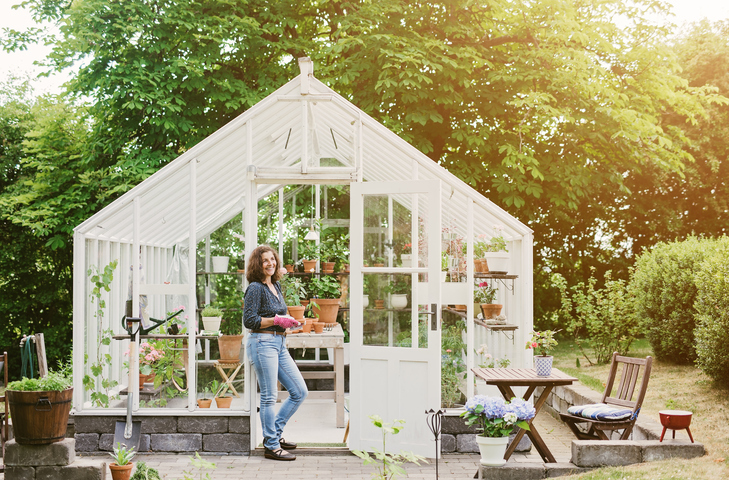
Do your bit for the local environment with these great tips over summer
Leaving cat food out for wild hedgehogs is just one of the 11 tips for Brits from gardening experts this summer. Create a space in your garden so local wildlife can grow and thrive.
If you are in the process of making nay changes with your garden we have 11 great tips for you. Holding off from pruning your hedges and trees, and teaching young people about the local wildlife is recommend.
Those garden experts at Billy Oh have researched and devised a list of 11 tips to help ensure wild birds, mammals and insects are happy and healthy.
Their advice includes investing in a bird bath and building a pond, to make your garden a thriving wildlife haven.
Here are the 11 ways to help local wildlife:
Give bees sugar and water
If you see an exhausted bee on the floor, mix together some sugar and water on a teaspoon and give it to the bee to drink and revive itself.
Feed Hedgehogs
Leaving food out for hedgehogs will keep them happy and healthy in your garden. The best food to feed them is cat or dog food, dried fruit, and cooked vegetables. Feeding them milk and bread isn’t advised as this can actually be harmful to hedgehogs.
Bird feeders
Have bird feeders full of seeds readily available in your garden to keep them well fed and happy all year round.
Make sure there’s a source of water
Investing in a bird bath is a good idea as it will keep birds and other wildlife well hydrated, especially in this heat. Make sure you clean and refill your bird bath every two weeks to stop build-up of algae or any other nasty substances.
Stop pruning hedges and trees
Pruning hedges and trees can destroy many animal’s natural habitat, leaving them homeless and in a vulnerable position.
Build a bat house
Bats are great pollinators, seed dispersers and insect predators, meaning they are very handy to have in your garden. However, due to habitat loss and environmental pollution, building a bat house can give them a nice place to sleep and steer clear of predators.
Make a pond for wildlife
Creating a pond can attract many different types of wildlife to your garden. Build a pond with shallow edges so it’s easy for frogs and newts to get in and stock it with plants specifically used for keeping ponds clean. Also make sure you control the algae without using harmful chemicals.
Break pond ice
If your garden pond freezes over, make a hole in the ice to stop toxic gases building up and potentially harming fish or frogs hibernating at the bottom. A tip for doing this is to place a ban of boiling water on the ice to create a hole. Never break the ice with force or tip boiling water onto the pond as this can further harm creatures living there.
Teach kids about wildlife
Teaching children about wildlife will greatly help many creatures in the long run. Kids will learn to have an appreciation for wild animals and want to keep them safe.
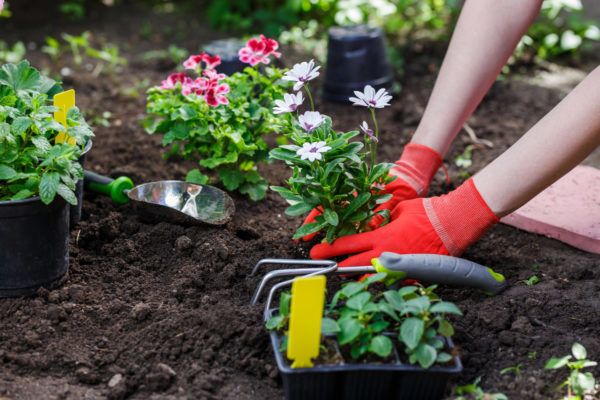
Let worms, bugs, and beetles keep the soil healthy
Healthy soil will produce plants that are better able to resist insects and disease, making worms, bugs, and beetles very helpful. Add compost to the soil to further enhance its health.
Don’t litter
Littering harms not only the environment but also wildlife. Animals can easily get trapped in and injured by things like discarded plastic bottles and cans. Putting your litter or any litter you find on the streets in the bin, will be doing a great service to local wildlife.
A spokesperson from Billy Oh commented: “Wild creatures, including birds, insects and mammals, can be found across every inch of the British Isles – even in the places you might not expect.
“If you’d like to do your bit for the loca wildlife, simply being aware of their habitats is a good starting point. This is one of the key ways to be respectful and learn to love the diverse number of creatures living on your doorstep.
“We hope that these 11 tips will inspire, provide ideas and potentially new ways of how we can all do our bit to help wildlife thrive, as well as educate the younger generation on the importance of looking after the planets creatures.”


